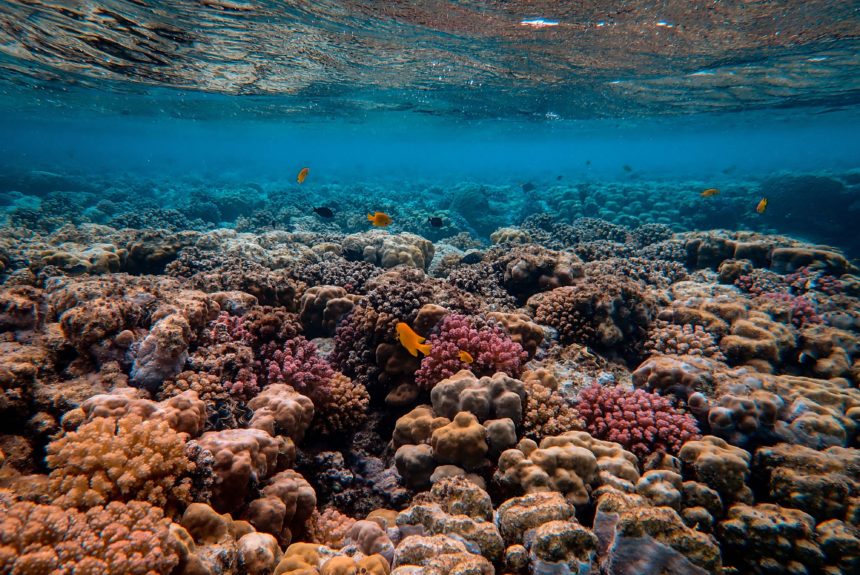By Kelvey Vander Hart
Climate change’s impact on the ocean has potential repercussions for coastal communities around the world. Sea level rise, coastal erosion, and flooding could represent billions of dollars of economic damage in these communities. While there are numerous recommendations on how best to combat this impact, one company has highlighted an unusual solution: restoring coral reefs.
Coral Vita is a coral restoration company that has made a name for itself as an innovator in rebuilding dying coral reefs. By partnering with stakeholders across the world, Coral Vita is working to establish a global and high-tech network of coral farms. A network like this could help restore and maintain these reefs for generations to come.
To those who are unfamiliar with coral reefs, this issue might not seem important. But coral reefs are one of the planet’s most important ecosystems, generating $30 billion in annual economic activity and supporting 25 percent of all marine life. And while they are not considered carbon sinks that actively lower CO2 levels, they have been found to reduce wave energy by 97 percent, making them invaluable in combating coastal erosion and the storms that flood coastal communities.
Climate change may be impacting these reefs. In the last few decades, 50 percent of coral reefs have died; if left unchecked, more than 90 percent of the planet’s reefs could be dead by 2050. Yet, innovators are stepping up to protect these oceanic wonders.
Coral Vita’s restoration model is allowing them to pioneer new methods in coral farming. Instead of pursuing traditional in-ocean nurseries, the company has focused on developing land-based coral farming methods. Coral is finicky, harmed by even slight changes in water temperature and acidity, so land-based nurseries allow for more control. One land-based nursery is potentially able to produce millions of corals.
Once coral fragments are collected from a reef and moved into a nursery, the goal is to train these fragments to withstand warming ocean temperatures and changing acidity. By doing so, stronger coral is grown that is able to counteract reef death by withstanding these changes out in the ocean. This goal is accomplished by adjusting the growing conditions in the nursery tank and breeding native corals together in order to select for resilience.
And, because these corals are grown in land-based nurseries, a breakthrough technology called microfragmenting can be utilized. First pioneered by the Mote Marine Laboratory, microfragmenting can accelerate coral growth to 50 times the natural rate of growth. Since coral tends to grow very slowly, being able to speed up the process is a giant step forward.
Once the coral is fully grown, it is able to be installed into the chosen restoration site. Early in the process, Coral Vita assesses water conditions and reef health to select where restoration will take place, and then develops the restoration plan to determine which forms of coral are grown and installed. Once those corals mature and are outplanted onto the reef, there is continual monitoring to evaluate restoration progress and the health of local marine life.
While Coral Vita’s innovative methods set it apart from traditional coral farming, its for-profit model of social entrepreneurship is what gives the company financial independence that the nonprofit groups doing this work do not have. Coral Vita partners with the usual stakeholders, such as environmental groups, concerned communities, and invested individuals. But they also partner with governments and marine park managers; resorts and eco-tourism operators; and corporations looking for social responsibility initiatives.
Rebuilding the coral reefs that protect coastal communities is important work. Using social entrepreneurship and breakthrough technology to rebuild reefs that are resistant to the impact of climate change is even better. Coral Vita is using innovation to change the way these important ecosystems are restored and sustained, and our planet is the better for it.
Kelvey Vander Hart is a native Iowan, a member of the American Conservation Coalition, and a communications specialist at Reason Foundation.
The views and opinions expressed are those of the author’s and do not necessarily reflect the official policy or position of C3.
